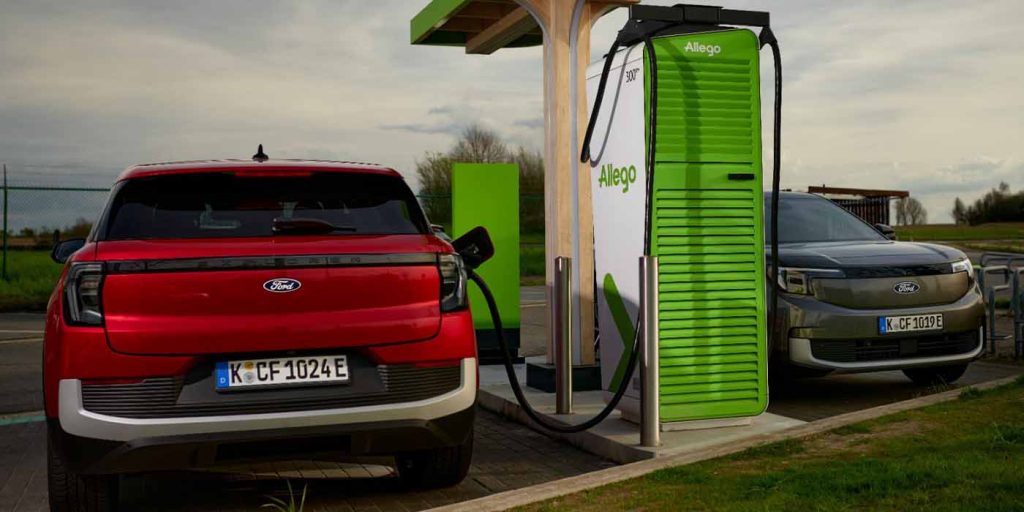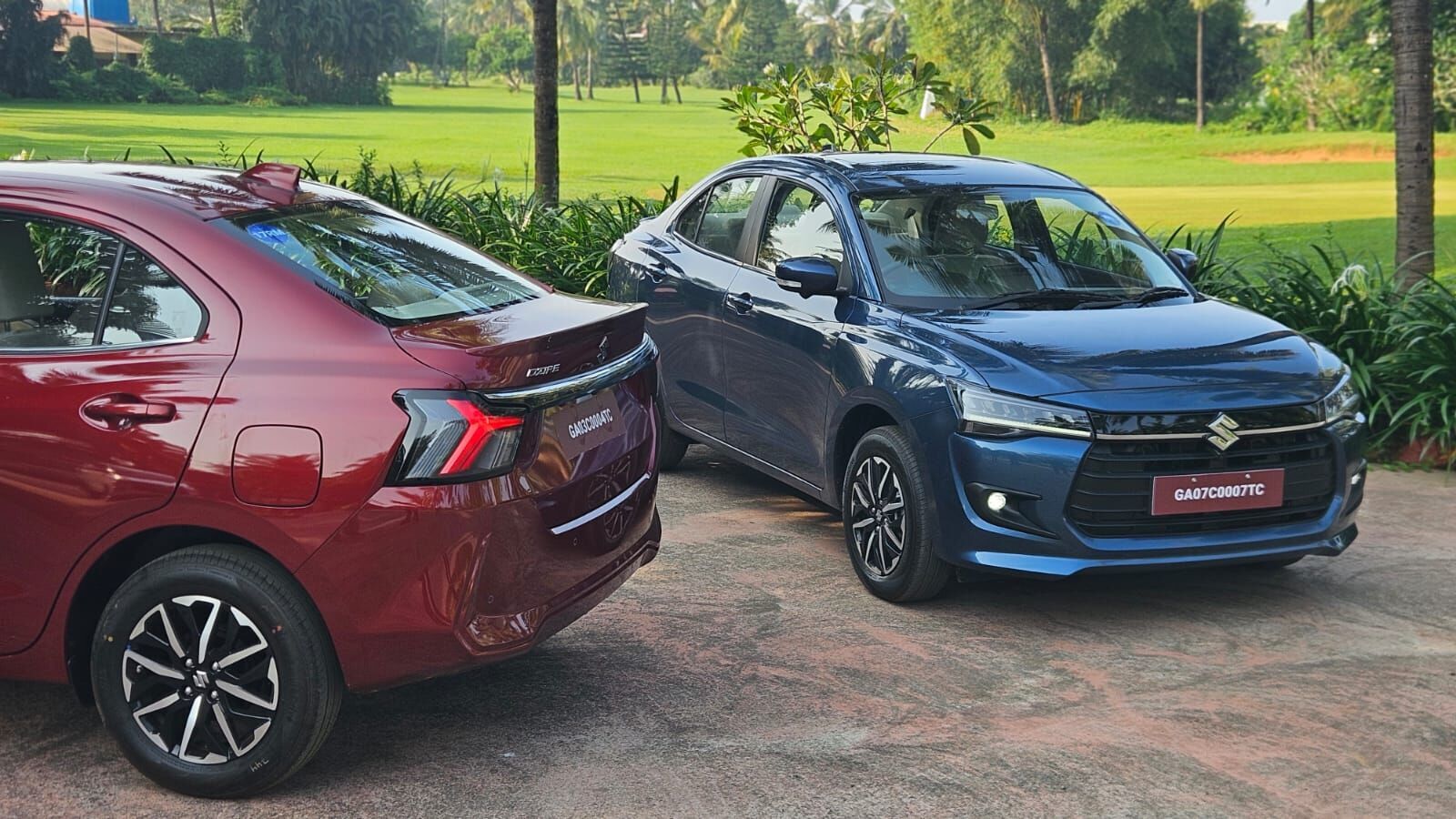Ford Europe is reportedly flirting with the idea of adjusting its electrification strategy in the region as BEV sales have been slow to take off. Originally, the European arm of Ford Motor Company said it would only sell battery-electric models by 2030, but that commitment could soon change.
Ford Europe has followed the lead of its American counterpart in making public commitments to electrification while simultaneously investing big bucks into the transition toward BEV production overseas.
The automaker has already completed a $2 billion investment to convert its Cologne, Germany, facility into a BEV production hub. That location will be home to the production of the all-electric Ford Explorer this summer, as well as a second all-electric model based on Volkswagen’s MEB architecture.
In addition to the Explorer, Ford currently sells the Mustang Mach-E and E-Transit van in Europe—a mere start in transitioning into a BEV-only brand by 2030. Ford made that promise in 2021 as an ambitious goal, nixing combustion vehicle sales five years before the European Union voted to ban them.
With limited models in its current portfolio and a growing number of BEV competition in Europe amidst softer than anticipated demand, Ford’s head of passenger cars hinted that there might be room for ICE vehicle sales beyond 2030 after all. It all depends on the consumer.

Ford Europe sees trajectory to BEVs but monitors demand
Per Automotive News Europe, Ford Europe’s head of passenger cars, Martin Sander, relayed hope for the automaker to stick to its 2030 BEV targets but is definitely keeping a foot in the door for combustion vehicle sales to continue if necessary.
The automaker has cited a less-than-stellar demand for its BEVs in Europe as the reason behind the possible revised strategy, resulting in missed targets. As a result, Sander said combustion vehicles, particularly plug-ins, could still be in play beyond 2030:
If we see strong demand, for instance for plug-in hybrid vehicles, we will offer them.
During the Financial Times Future of the Car summit on Tuesday, Sander still relayed optimism for BEV adoption, sharing that there is still a clear trajectory to electrification:
We just have to manage our way towards 100 percent electric drivetrains.
In Europe, Ford continues to lean down and discontinue production of certain combustion models, like the Fiesta for example, while simultaneously beefing up passenger and commercial EV production. In addition to the MEB EV coming out of Cologne, Ford Europe will also launch the all-electric Puma Gen-E whose combustion version is currently built in Romania. Sander also told the media that Ford Europe has plans for its facility in Valencia, Spain, but didn’t share any other details.
So Ford Europe isn’t abandoning its 2030 BEV goals just yet, but the markets will need to improve to justify abandoning combustion vehicles altogether for good. Fingers crossed!
FTC: We use income earning auto affiliate links. More.





